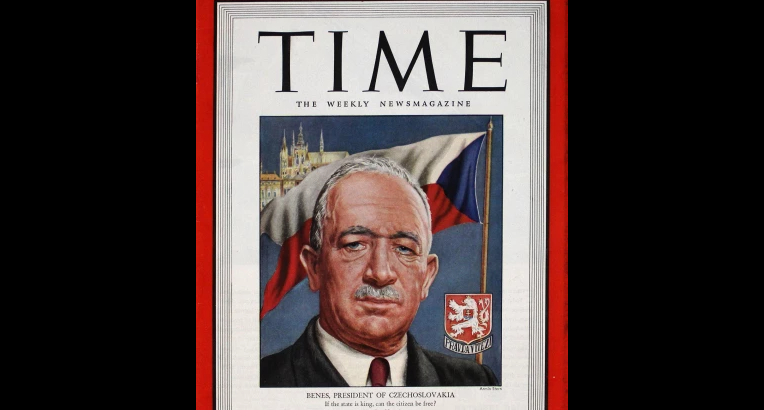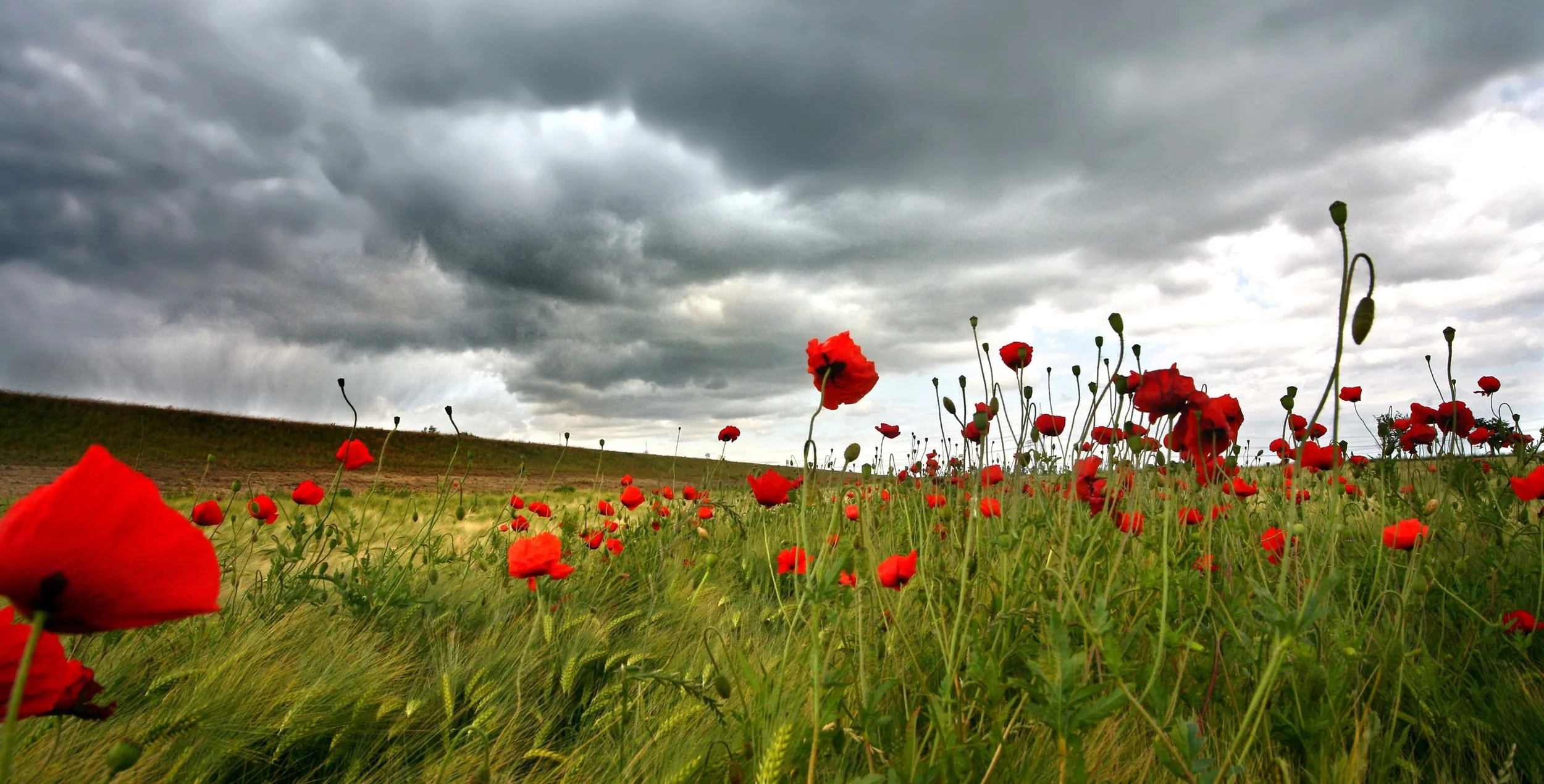Irena µţ±đ°ů˛Ôáš°ě´Ç±ąĂˇ, the second of VojtÄ›ch Preissig’s three daughters, started her life in Boston, after being born in Prague, before returning to what was now Czechoslovakia. It was at this moment that she dedicated her life to writing and publication, particularly to resist the Nazi occupation. Although her relationship with her father initially splintered, it eventually mended as the two published a resistance magazine, V boj.
Running from Trouble and Rising to Success: Jan Antonin Bata and the Bata Shoe Company
Milan Ĺ łŮ±đ´Úá˛Ôľ±°ě: Slovak Astronomer and Aviator
Many know the life and legacies of Tomáš Masaryk and Edvard µţ±đ˛Ô±đš, two Czechs who helped to found Czechoslovakia. However, there was a third person who played a very important role in the founding of the country: a Slovak named Milan Ĺ łŮ±đ´Úá˛Ôľ±°ě. Before he participated in the founding of Czechoslovakia though, he was first an astronomer and aviator.
Warsaw Pact
Karlovy Vary Film Festival
The Karlovy Vary International Film Festival, or KVIFF, hosts about 200 films from around the world and is the oldest film festival. Located inKarlovy Very, Czech Republic, the film festival is held annually in July and is the most prestigious festival in Central and Eastern Europe, boasting a popular feature film competition.
Dagmar Ĺ ľ±łľ°ě´Ç±ąĂˇ (1929-1995)
Dagmar Ĺ ľ±łľ°ě´Ç±ąĂˇ was a political prisoner during the communist repression. She suffered a long prison sentence and was able to pursue her education and help others in the prison system later in life. Ĺ ľ±łľ°ě´Ç±ąĂˇâ€™s ordeals during her time as a political prisoner were shaped both by her femininity turned against her and her bonds with fellow prisoners that kept them together. Her most courageous acts involved hunger strikes in protest against the treatment of her fellow prisoners.
Edvard µţ±đ˛Ô±đš (28 May 1884 - 3 September 1948)
Edvard µţ±đ˛Ô±đš was born in Kozlany, Bohemia during the Austro-Hungarian Empire’s rule, but by October 14, 1918, he lived in a different nation, as the empire collapsed in place of the then-new Czechoslovakia. He served as the council chairman for the League of Nations to support the balance of powers in Eastern Europe, creating the “Little Entente.” Eventually, µţ±đ˛Ô±đš would succeed Masaryk as the Czechoslovakian president, faced with the threat of Germany, and the rest is history.
Traditional soups
Impacting the Arts
There are several Czech artists who have and continue to influence the world, and four of them are highlighted in this article. These artists are Jiri Trnka, Anna Daucikova, Libuse Jarcovjakova, and Yemi AD. From film to painting, glassblowing to photograph, and performance to dance, these artists present a variety of expressions that have influenced the world.
A Progression in Pride: Those Along the Way
In this article, the history of Czech LGBT athletes is examined, with two individual athletes highlighted. The first is Martina Navratilova, a world-renowned tennis player whose won the 1972 Czechoslovak National Championship at the young age of 15. The second is Olympic figure skater Ondrej Nepala, who started his Olympic career in the 1964 Winter Games at the age of 13. Both distinguished athletes advocated for LGBT rights, with Navratilova still doing so to this day.
Milada Horakova
Milada Horakova was an advocate for democracy, stuck between both the Nazis and Communists for her adult life. During the Nazi occupation of Czechoslovakia, she resisted, helping emigrants escape and harboring fugitives of the occupiers. Although she faced torture and death from the Nazis, she not only survived but also continued her same fight, this time with the Soviets. Sadly, she was sentenced to death and executed, even when eminent individuals of the time demanded her release.
The Czech Flag: A Century of Waving
Inspired by the American holiday, many nations in the world celebrate Flag Day, including Czechia. Before Czechia, there was Czechoslovakia, whose flag, created in 1918, featured 2 horizontal stripes, white on the top and red on the bottom. The flag changed to include a blue wedge from the left and has remained this way since, including after the separation of Czechoslovakia into the Czech Republic and Slovakia.
Pride, Country, and a Balance Beam
VÄ›ra Čá˛ő±ô˛ą±ą˛ő°ěá was a Czechoslovakian Olympian gymnast, born in May 3, 1942 and raised in Prague. Her sense of pride came from more than her sport, as it centered around her love for Czechoslovakia and her people, such that she signed the Two Thousand Words manifesto during Prague Spring. Even through possible persecution she continued to train for the Olympics. After the Olympics, the persecution continued, but she remained resolute though her life, earning her the love of the Czechoslovakian people.
An Army with No Country: A Siberian Odyssey
It’s the First World War, and the Czechoslovaks got to get their soldiers from Ukraine to France, but without going through a Central Powers country or a sea without enemy ships. What do they do? Naturally, they go East: fight through the Bolsheviks, take over the Russian railway network, capture most of Siberia, and reach Vladivostok before the ships arrive to get you home. All this while losing less than 10% of your men over three years of fighting. It might sound crazy, but this is just the 2nd part to the story of the Czechoslovak Legion.
An Army with No Country: The Czechoslovak Legion in Europe
They were men without their own country, living split up among not one, but two mighty empires. When the Great War came and those empires began to crumble, those men took up arms in the struggle, and fought so that one day they too would have their own nation. These were the men of the Czechoslovak Legions.















